Pomella® Research
Pomella® Research
Don’t see what you’re looking for? All additional research is categorized under supportive research.
Protective effects of standardized pomegranate (Punica granatum L) polyphenolic extract in ultraviolet-irradiated human skin fibroblasts.
Safety assessment of pomegranate fruit extract: Acute and subchronic toxicity studies.
Comparison of antioxidant potency of commonly consumed polyphenol-rich beverages in the United States.
Pomegranate juice extracts provide similar levels of plasma and urinary ellagitannin metabolites in human subjects.
Macrophage paraoxonase 2 (PON2) expression is up-regulated by pomegranate juice phenolic antioxidants via PPAR gamma and AP-1 pathway activation.
Safety and antioxidant activity of a pomeganate ellagitannin-enriched polyphenol dietary supplement in overweight individuals with increased waist size.
The influence of pomegranate fruit extract in comparison to regular pomegranate juice and seed oil on nitric oxide and arterial function in obese Zucker rats.
Effects of a pomegranate fruit extract rich in punicalagin on oxidation-sensitive genes and eNOS activity at sites of perturbed shear stress and atherogenesis.
Pomegranate juice ellagitannin metabolites are present in human plasma and some persist in urine for up to 48 hours.
Absorption, metabolism, and antioxidant effects of pomegranate (Punica granatum L) polyphenols after ingestion of a standardized extract [Pomella®] in healthy human volunteers.
Bioavailability of ellagic acid in human plasma after consumption of ellagitannins from promegranate (Punica granatum L) juice.
Evaluation of the bioavailability and metabolism in the rat of punicalagin, an antioxidant polyphenol from pomegranate juice.
Pomegranate juice consumption inhibits serum angiotensin converting enzyme activity and reduces systolic blood pressure.
Don’t see what you’re looking for? All additional research is categorized under supportive research.


